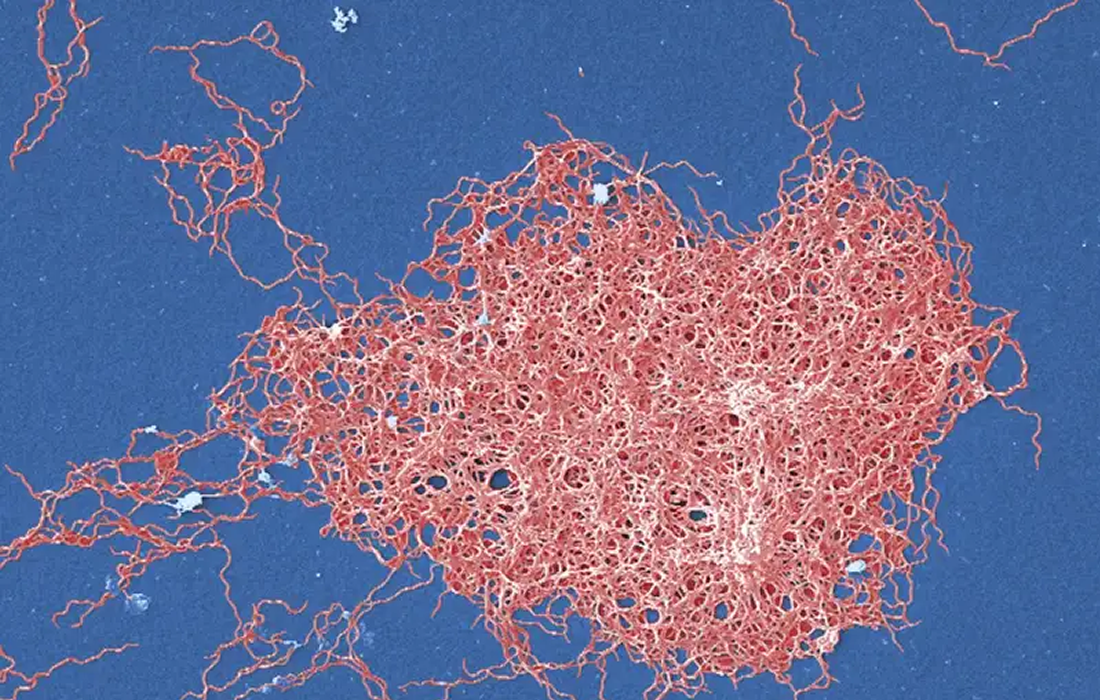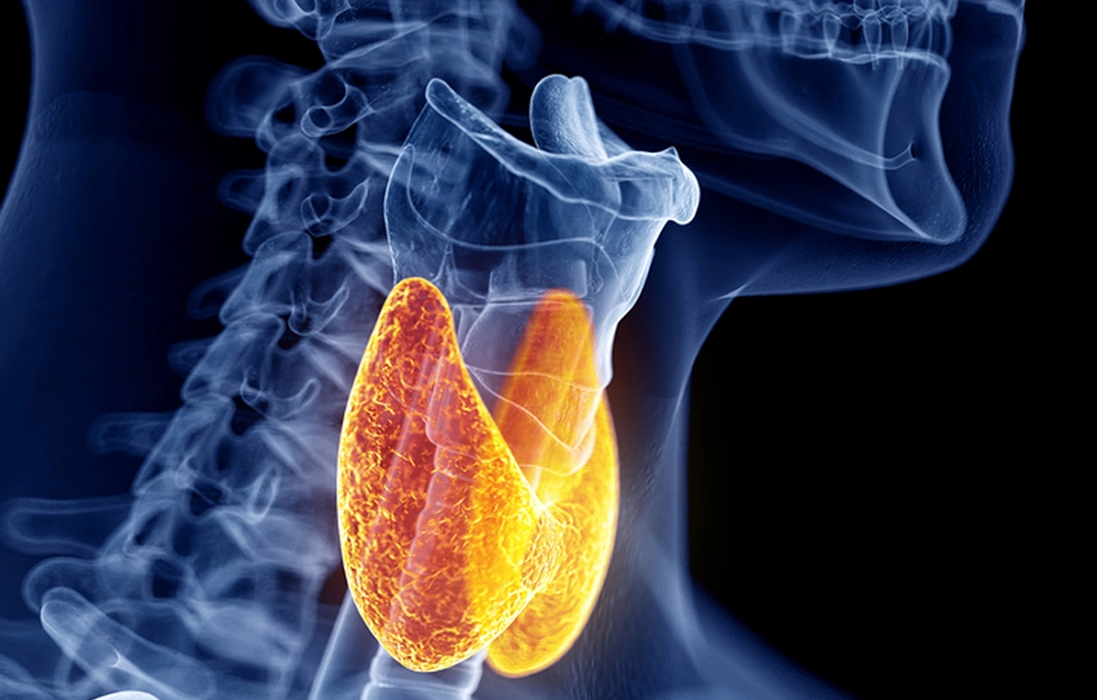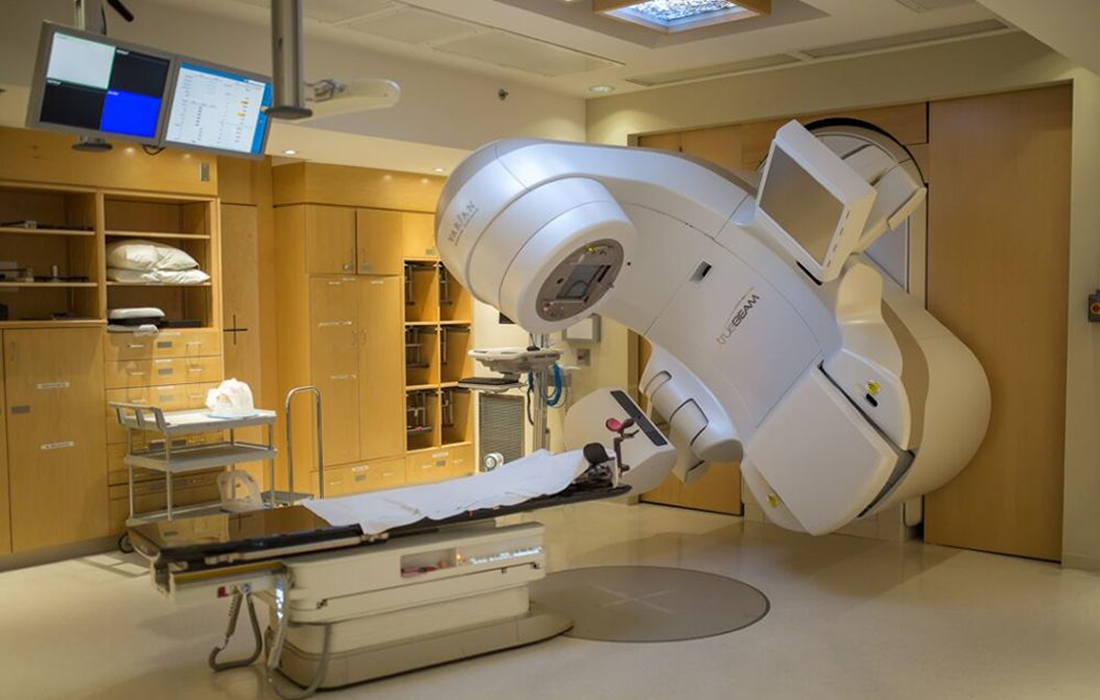Professional and recreational sport practice is increasing but unfortunately so is the rate of sports injuries as mentioned in many epidemiological studies. Aside from medical consequences, the economic burden related to costs of conservative treatment, surgery and rehabilitation is very high. Sport injuries, most of the time affect muscles, tendons, ligaments, cartilage and bones and […]
Author Archives: Francisco Fernandez, MD
Lyme’s disease is the most common vector‐borne illness in the United States and Europe, as migratory birds, among other factors, are spreading infections, increasing the burden of illness. In 2015, CDC researchers reported an estimated 329,000 new cases of Lyme disease in the United States, with a 320% increase in the number of counties affected. […]
Coffee is one of the most widely consumed beverages worldwide. It is estimated that in 2019/2020 world coffee consumption amounted to about 10.1 million kg. It is usually identified as a stimulant because of a high content of caffeine. However, caffeine is not the only coffee bioactive component. The coffee beverage is in fact a […]
What is Hashimoto’s Thyroiditis? The autoimmune condition Hashimoto’s thyroiditis (HT) is a disease where lymphocytes mediate the autoimmune damage and destruction of the thyroid gland. Inflammation from Hashimoto’s disease, also known as chronic lymphocytic thyroiditis, often leads to an underactive thyroid gland (hypothyroidism). Hashimoto’s disease is the most common cause of hypothyroidism. It primarily affects […]
Obesity is a major risk factor for serious comorbidities including cardiovascular disease (CVD), type 2 diabetes, hypertension, stroke, neurodegenerative disease, and certain cancers. In the past decade, obesity-derived comorbidities caused more than 4 million deaths per year and cost an average of 4 years of life lost worldwide. The increased prevalence of obesity and extreme […]
What is Alopecia? Hair loss (alopecia) is a quite common condition observed in both men and women. Pattern hair loss also known as androgenetic alopecia is the most common form of hair loss that is thought to affect up to 80% of Caucasian men and up to 40% of Caucasian women by age of 70, […]
What is Sleep Apnea? Sleep apnea is a condition where an individual stops breathing for periods throughout the night. Obstructive sleep apnea (OSA), the most common form, occurs when throat muscles temporarily relax and block the airways. Central apnea, which is relatively rare, occurs when the brain does not send appropriate signals to the muscles […]
What is Rheumatoid Arthritis? Rheumatoid arthritis (RA) is a systemic, inflammatory autoimmune disease that mainly involves peripheral facet joint disease, which is the main pathological feature as well as joint synovial cell proliferation, inflammatory cell infiltration and pannus. It is a chronic inflammatory disorder that can affect more than just the joints. In some people, […]
Heart failure, sometimes known as congestive heart failure, occurs when the heart muscle doesn’t pump blood as well as it should. When this happens, blood often backs up and fluid can build up in the lungs, causing shortness of breath. Heart failure is a leading cause of death globally. The CDC estimates that over 6 […]
What Is Aging? Normal aging can be defined as the decline and deterioration of functional properties at the cellular, tissue and organ level. This loss of functional properties yields a loss of homeostasis and decreased adaptability to internal and external stress yielding an increased vulnerability to disease and mortality. Individuals are extremely heterogeneous in the […]










